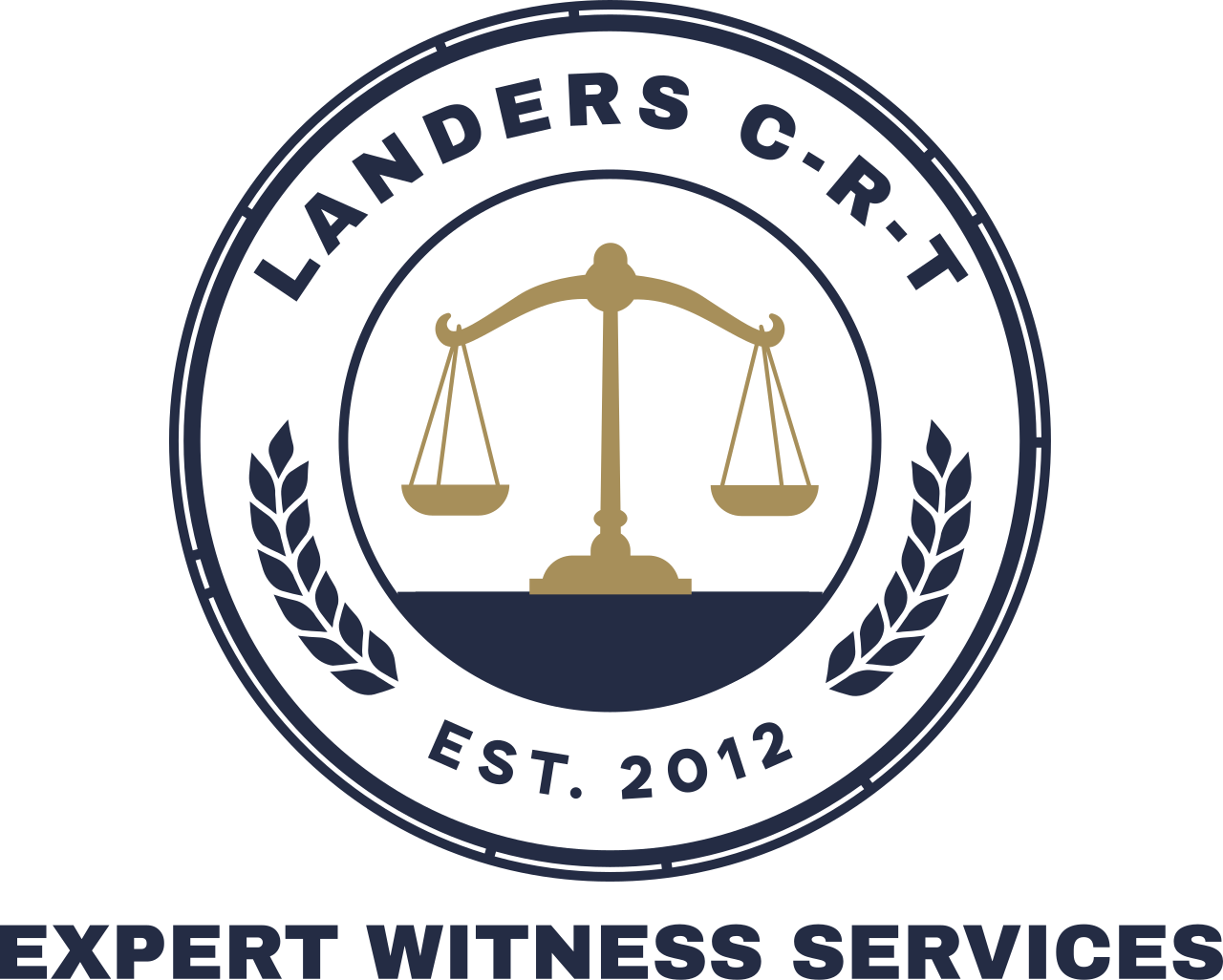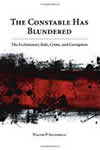Seth Goldstein, is an attorney representing parents and children in family violence cases for 23 years. His practice uses the successful multi-disciplinary prosecution model bringing to a case the special expertise of various professionals involved. Since 1994, he has been the Executive Director of the Child Abuse Forensic Institute, a non-profit resource and referral organization he created using the same approach handling child abuse based in Monterey, California. When working for the district attorney in Napa County, his program achieved a 96.5% conviction rate, at charging, charging 75% of the cases brought to the program. He currently sits as an advisory board member for the Family Violence Appeals Project, Oakland, California, that has had an amassed an unprecedented 85% success rate in its appeals.
Mr. Goldstein has worked as a consultant for the State of California on the subject of response to domestic violence; the National Counsel of Juvenile and Family Court Judges on family violence, a law enforcement investigator specializing in the investigations of Sexual Assault, Child Physical and Sexual Abuse, and Family Violence for the Berkeley Police Department, the Santa Clara and Napa County District Attorney’s Offices. He has testified as an expert witness in Criminal, Civil, Juvenile Dependency and Family Law courts in California and other states on these subjects. He has written and been published on the topics of family violence and child abuse in various national journals, publications. His book on investigating child sexual abuse by Seth Goldstein is in its second edition.
Expertise: Analysis and testimony on the dynamics of child sexual abuse and domestic violence. Consultation and assistance in search for evidence, preparing for and executing trial strategies.
Experience: 41 years working in the field of interpersonal violence, child abuse, and domestic violence as frontline investigator, district attorney investigator, Project Director of Child Abuse Prosecution Program, expert witness, consultant and attorney in same fields.
Education/Training: Police Academy, 1973; Minor in Psychology/Sociology, SFSU, 100's hours of specialized training in psychological dynamics of interpersonal violence, child abuse and domestic violence, court qualified expert in several states on sexual assault, child abuse, domestic violence, police procedures in investigating these matters. Attorney for 23 years representing parties and children in these matters in civil, criminal and juvenile courts.
Degrees/Certifications: BA, Rhetoric, 1977, U.C., Berkeley JD, Oakland College of Law, 1993
Awards/Honors: ABA Gavel Award, 1980; Officer of the Year, California State Juvenile Officer's Assn, 1990; Top Attorneys of America, 2018-2019, Who's Who Directories.
View Seth Goldstein's Consulting Profile.
Seth L. Goldstein
discusses the new and different developments in the manifestation of problems involved in investigation and assessment of sexual cases and offers advice on dealing with these issues. Although many of the difficulties involved in investigation and assessment of sexual abuse allegations have remained unchanged since the first edition of this book appeared in 1987, the manner in which investigations are conducted must adapt to these new and different developments.











